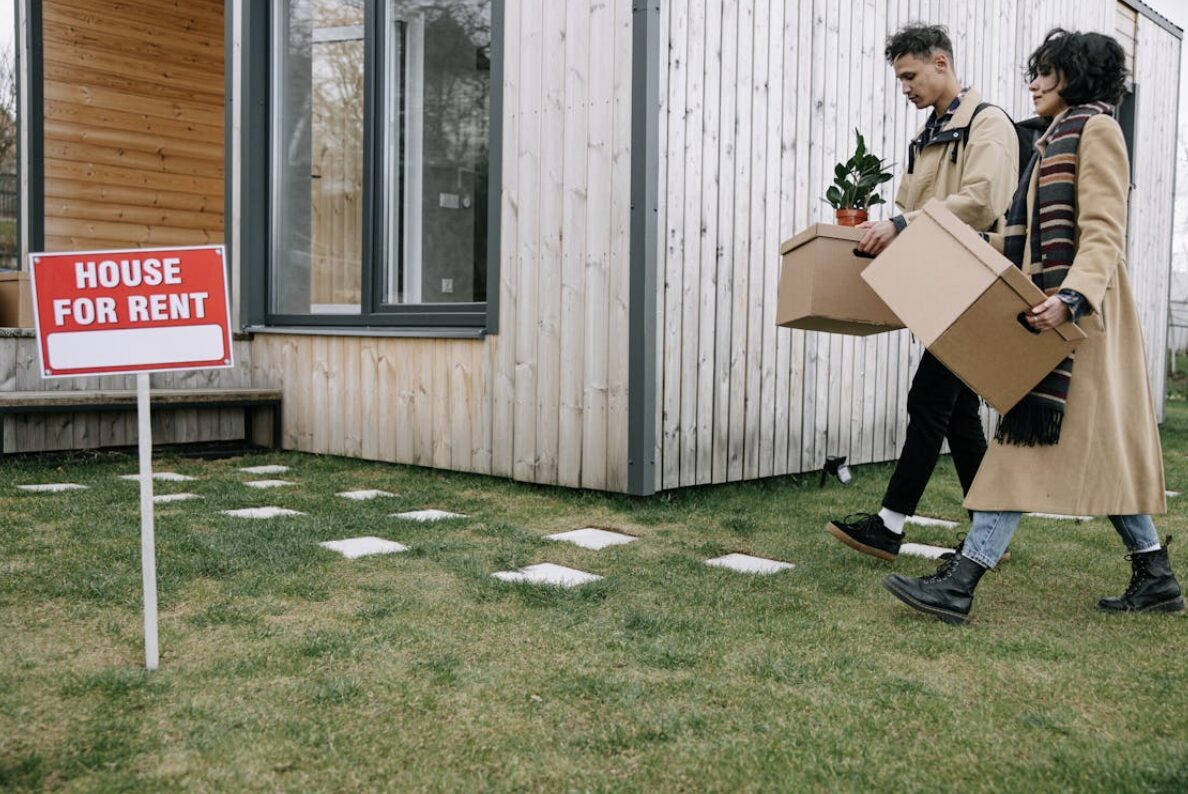A lot of people love the idea of stepping into the property game and earning some steady income each month. On paper, being a landlord sounds simple enough. You buy a property, rent it out, and watch the money come in. But in reality, it’s a lot more involved than that. There are rules, responsibilities, and plenty of hidden costs that often catch new landlords off guard. It’s not just about collecting rent and sitting back. It’s about managing people, maintaining properties, and staying on top of the legal side of things.
If you are thinking about getting started, it’s a good idea to prepare yourself properly. That includes understanding not only how to manage a property but also the financial obligations that come with it. One of the first things you’ll need to do when renting out a property is to set up proper tenancy paperwork. This is where it helps to create lease agreements online, as it saves you time and ensures everything is legally sound. Digital agreements are a simple way to protect both you and your tenants right from the start. Once that’s sorted, it’s time to think about the ongoing costs that often slip under the radar.
The Cost Of Repairs And Maintenance
Every property, no matter how new or well-kept, will need repairs sooner or later. As a landlord, you’re legally required to make sure your properties are safe, secure, and meet basic living standards. That means you can’t rent a place out if there’s no hot water, no heating, or faulty electrics. When something breaks, you’re the one responsible for fixing it, and the costs can add up quickly.
A burst pipe, a broken boiler, or even something simple like a damaged window can end up costing more than expected. Then there’s routine maintenance, such as keeping the gutters clear, repainting walls, or replacing worn-out flooring. Some of these jobs can be planned for, but others come out of the blue. It’s wise to set aside a portion of your rental income each month for a maintenance fund so you’re not caught short when something inevitably goes wrong.
You’ll also need to think about cleaning and touch-ups between tenancies. End-of-tenancy cleaning might not seem like a big deal, but professional services can be pricey, especially if the property needs more than just a basic tidy. If you own several properties, these costs can pile up fast.
The Cost Of Advertising The Property
Finding reliable tenants can be one of the biggest challenges for new landlords. You might assume tenants will come to you easily, but in most areas, it takes a bit of effort to fill an empty property. Advertising the property effectively means reaching the right audience, presenting the home well, and being available for viewings.
If you choose to handle everything yourself, that includes taking quality photos, writing listings, and posting on multiple rental platforms. It can be time-consuming, especially if you’re managing more than one property. On the other hand, working with an estate agent can take a lot of the stress off your shoulders. Agents usually handle marketing, viewings, reference checks, and paperwork. They may even manage rent collection for you.
The downside is that these services come at a cost. Most agents charge either a percentage of your monthly rent or a fixed annual fee. It might feel like a big expense, but it often pays off in the long run by helping you avoid long vacancy periods. Remember, every week a property sits empty means lost income, and that’s something no landlord wants to deal with.
The Cost Of Insurance
Insurance is one of those things many new landlords overlook until something goes wrong. Standard home insurance won’t cut it once you start renting out a property. You’ll need specialist landlord insurance that covers issues such as damage caused by tenants, loss of rent, and even legal expenses if disputes arise.
The price of insurance varies depending on the location, size, and condition of your property, as well as the type of tenants you’re renting to. Student rentals, for instance, may cost more to insure due to higher perceived risk. Some policies will cover accidental damage, while others might not, so it’s important to read the details carefully.
Even with insurance, you might still need to pay out-of-pocket before you’re reimbursed. Most policies require you to pay an excess, and it can take time to process a claim. This is why having a financial cushion is essential. You don’t want to be stuck waiting for an insurance payout while your property sits empty or in need of urgent repair.
To keep costs down, it’s smart to compare policies from different insurers. Many comparison websites make it easy to review coverage options and prices side by side, helping you find the best deal without compromising on protection.
The Cost Of Vacancies And Tenant Turnover
One major expense that catches landlords out is the cost of vacancies. Every time a tenant moves out, you lose rental income until you find someone new. On top of that, you’ll likely spend money on cleaning, small repairs, and advertising the property again.
High turnover rates can also impact your overall profits, especially if you’re dealing with short-term tenants. Building good relationships with your tenants and keeping the property in great condition can help reduce turnover. When people feel looked after, they’re more likely to stay long-term, which saves you both time and money.
The Reality Of Being A Landlord
Becoming a landlord can be rewarding, but it’s not a quick way to make easy money. It requires patience, planning, and ongoing effort. The best landlords treat it as a business, not a side hobby. That means budgeting for repairs, keeping accurate records, and being proactive rather than reactive.
It’s normal to feel uncertain when starting out. You might wonder whether the investment will pay off or if you’ll run into problems you can’t afford to fix. The key is to do your homework. Learn about your responsibilities, research local rental laws, and prepare for unexpected expenses before they happen.
Once you understand the financial side of things and use tools that make the process easier, such as online lease creation and property management software, the role becomes much more manageable. With the right preparation, you can turn your properties into reliable income sources and build something long-lasting.
So take the time to plan carefully, stay organised, and don’t rush into things. The more you know upfront, the smoother your journey as a landlord will be.


